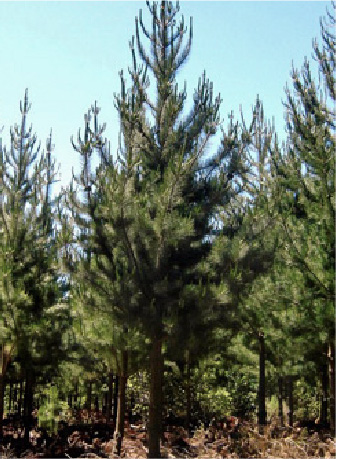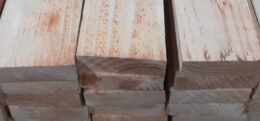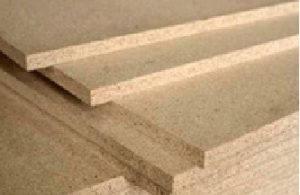Species
RADIATA PINEPinus radiata (D. Don), commonly known as Monterey pine or pine, is originally from the west coast of the United States, specifically California. It was introduced in Chile in the late nineteenth century, managing to successfully adapt climate and soil of the country, reaching even higher growth, and less time, those in their region of origin. Evergreen, needlelike leaves grouped in threes with a length between 7 and 15 cm, tapered. Straight trunk with bark thinner than in the pinaster. The leaves are dark green.


Low altitude, interior valleys.
Coastal mountains, 500 – 2000 m.
Coast, 0 – 500 m
Dry areas where the drought may last 3 to 5 months. Precipitations of 400 – 800 mm are concentrated in winter.
Exposed. Full sun without protection. Flats or slopes of northern exposure. Some shadow. Some protection against the sun some shadow from vegetation, rocks, ETC. filtering about 20 – 40% of light.
Pine Wood is used in the Manufacture of:
